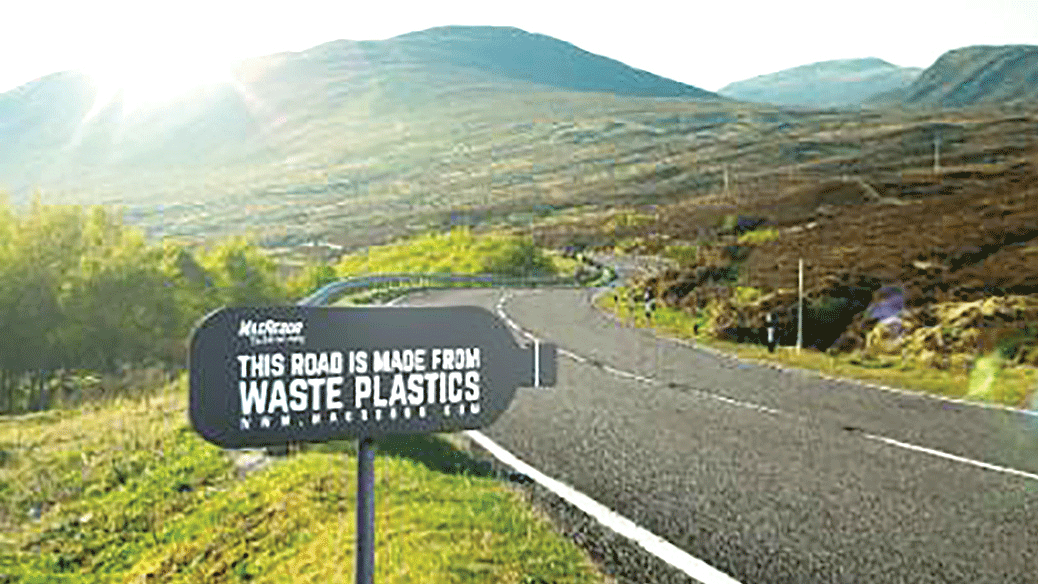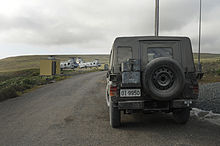NEWS
Making road from plastic milk bottles
According to a report by the Confederation of South African Roads, potholes cause an estimated $3.4 billion in damage each year in vehicle repairs and medical costs. Plastic milk bottles are being recycled for roads in South Africa, in the hope of helping the country tackle its waste problem and improve road quality.

A road made of plastic milk bottles in South Africa
Shaluanga Construction became the first company in South Africa to build a section of road partially with recycled plastic in the province of KwaZulu-Natal (KZN).
Currently, they have repaired more than 400m of road in Cliffdale, a suburb of Durban, using asphalt made from nearly 40,000 2-liter plastic milk bottles. Shaluanga uses high-density polyethylene (HDPE), a thick plastic commonly used for baby bottles. A local recycling plant turns the plastic into pellets, which are heated to 1900C and mixed with additives. This substance replaces 6% of bitumen binder of asphalt, so each ton of asphalt has about 118 – 128 bottles. Shaluanga says less harmful emissions are produced than traditional processes, and the compound is more durable, more water-resistant than conventional asphalt, withstanding temperatures as high as 70°C and below 0°C. .
Unlike in Europe, where recycled plastic is often collected directly from homes, in South Africa, 70% of recycled plastic comes from landfills. Plastic will only be taken from a landfill if there is somewhere to be consumed, such as a road. Shaluanga says that by turning plastic bottles into sugar, it will create a new market for plastic waste, allowing recycling plants to get more out of the nation’s waste.


 Tiếng Việt
Tiếng Việt

